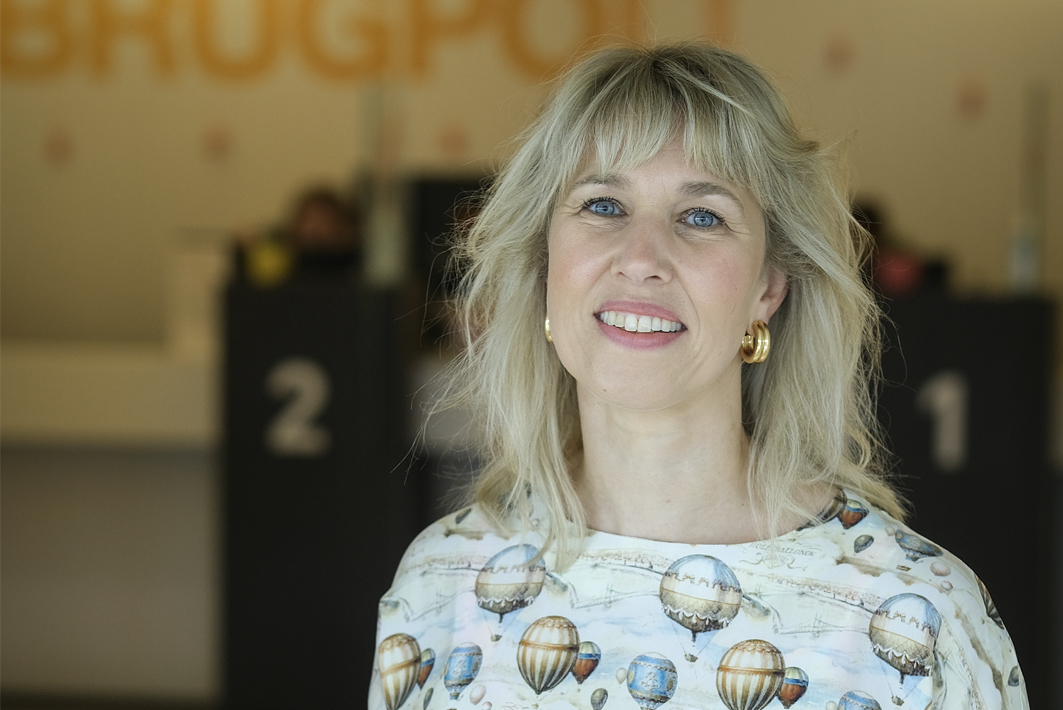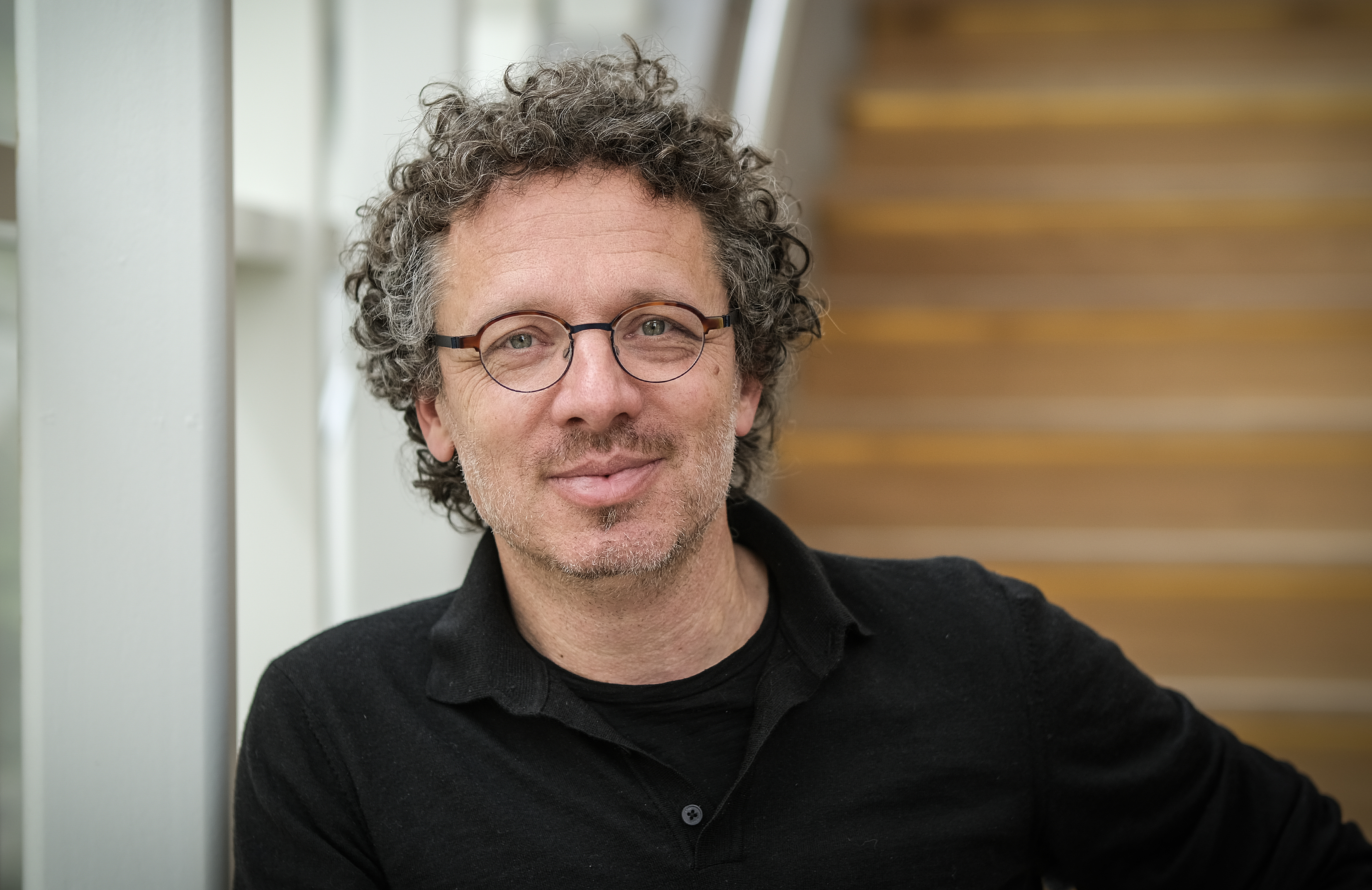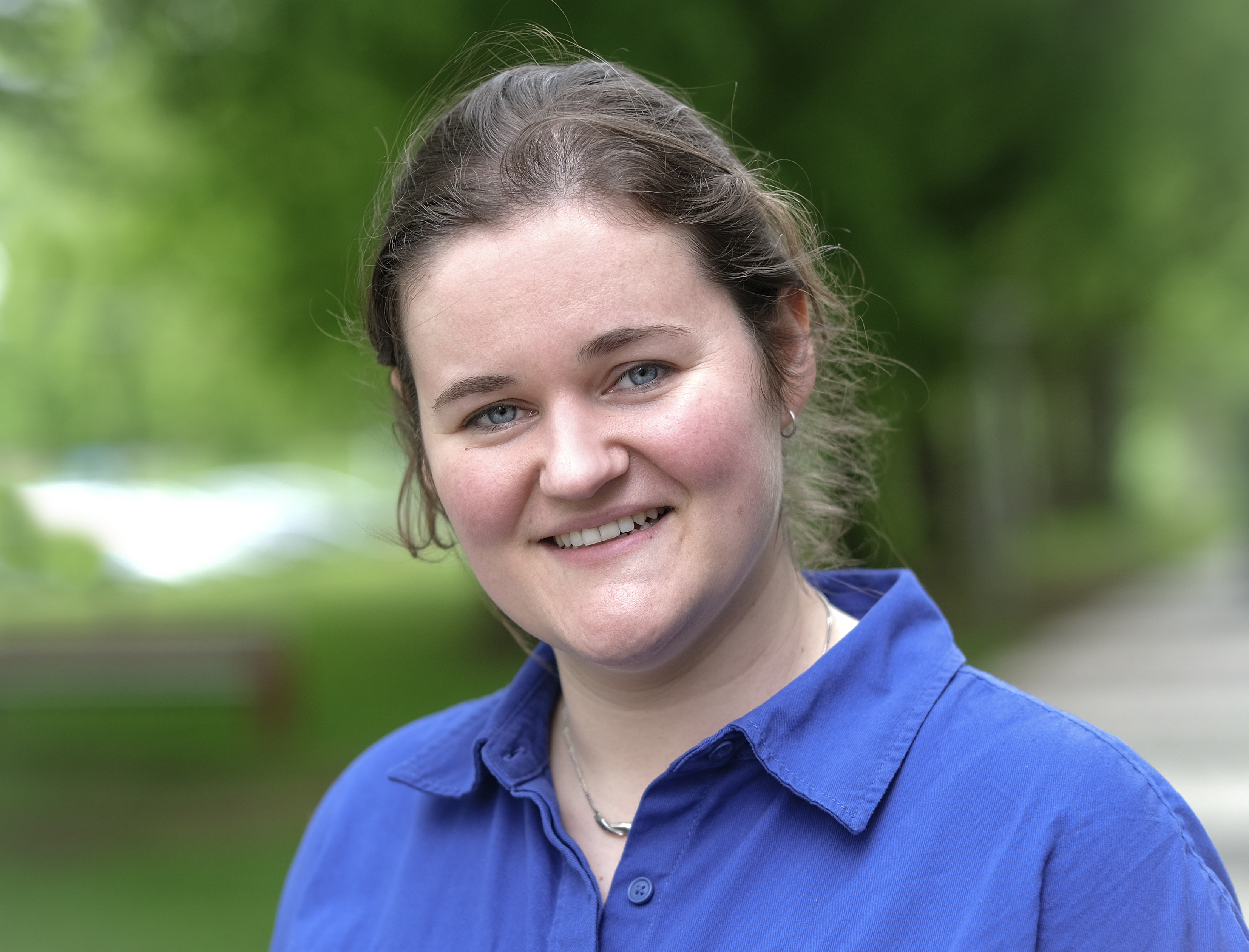Coronavirus outbreak highlights need for European Public Health programmes
“If there is any proof needed that European Public Health is an important field, then the ongoing outbreak of COVID-19 provides it.” As Professor of European Public Health and head of the Department of International Health at Maastricht University, Helmut Brand is closely connected to the unique bachelor’s and master’s programmes in European Public Health. We asked him and some of his students—future policy advisors, health officers and prevention specialists in public health—about their views on health policies during the coronavirus outbreak.
How is the EU handling the coronavirus?
Prof. Brand
“Last week, Dutch Prime Minister Rutte asked for more European cooperation in tackling COVID-19. He is right to do so; no European country can manage this alone as nowadays people and goods move globally.
After the SARS outbreak in 2003, the European member states founded the European Centre for Disease Prevention and Control (ECDC) to monitor infectious diseases, to give advice on preventive measures and to help member states in capacity building. We now have an ECDC-trained taskforce in Europe that knows about the benefits of cooperation and can act quickly. In a global context, the ECDC and national health institutes of EU members states work together with the WHO as a transmission belt to the other parts of the world.
Research centres all over Europe are working on treatments and vaccines to combat COVID-19. Both will take some time. It would be best to organise a collaborative approach in order to avoid duplicate work or overlooking certain important issues. The established European research infrastructure offers good possibilities for making this happen.
At the moment, all EU member states are implementing measures for the containment of the outbreak. Identification, separation, isolation and even quarantine of infected people are the steps being taken. We will have to evaluate later how effective all these measures have been. And, of course, after the outbreak we will know more than we do now. At the moment, governments have to take decisions under the conditions of uncertainty and risk—not knowing all the ‘unknowns’—which is an art in itself.”
Dimitri Eerens, student
"I assume that EU member states are pooling their resources for this crisis and have created a taskforce that deals specifically with this issue and coordinates among national governments and health agencies.
The most concrete method for addressing infected persons travelling across borders is to share disease registries to better understand which areas need extra medical resources to deal with a local outbreak. Furthermore, screening should be expanded to major entry points such as train stations and airports. And contact tracing should be undertaken to isolate suspected infections from the public. Primary prevention methods such as hand washing, proper sanitation and screening should aid in reducing the number of people infected.
Such measures should be combined with an education campaign to properly inform the public about the disease and to root out fear.”

Due to the Corona developments an update of this article is published on 18 March 2020.
Are we learning lessons for the future?
Prof. Brand
“What is needed now is to make a list of action points that we should discuss and implement when the epidemic is over.
Due to globalisation in the production of medicines, China and India are now the pharmacies of the world. As we are currently seeing, the supply line is interrupted as factories in China are closed and ships are not being loaded. To overcome the problem of shortages of medicines, stockpiling is necessary. And this is best done on European level in order to meet the needs of both smaller and larger member states. The same is true for personal protection devices.
We should also learn from our border regions. These are the laboratories of Europe, providing important insights for European integration in health. Take, for instance, the pragmatic cooperation in the Euregio, where Dutch, Belgian and German public health departments inform each other about the state of play regarding infectious diseases.”
How do our study programmes in European Public Health contribute?
Prof. Brand
“Though the circumstances of an infectious disease outbreak are never desirable, it does illustrate the need for good preparation and policy, and our bachelor’s programme in European Public Health and master’s programme in Governance and Leadership in European Public Health are a means to that end.
When I was the director of the Public Health Institute of North-Rhine Westphalia, I had to deal with outbreaks like SARS. That is when I realised that we have to train the next generation of experts and leaders in public health in a different way. They have to know how to analyse and deal with new situations, and have the right skills in risk communication. Communication has become even more important with social media playing such a big role in people’s lives. When used in a positive way, it can help us reach nearly everyone in real time and at nearly no cost. But it can also work against us by sending out misleading news that can contradict other information based on the best available evidence. We integrate these kinds of new challenges into our curricula.”
Silvia Grothe i Riera, student
“In my first year, I had to do an exercise on ‘contact tracing’ to find out who, from a population with a tuberculosis outbreak, was patient zero. Back then, I thought this was just a fictional exercise. In light of the coronavirus, I believe that exercise was extremely beneficial for my learning and professional preparation!”
Also read
-
Mayke Oosterloo is a movement disorders neurologist at Maastricht UMC+ and a researcher at the MHeNs institute of Maastricht University. In the outpatient clinic and various nursing homes in Limburg, she guides and treats patients (and their loved ones) with Huntington's disease.
-
Drawing blood, inserting an IV, or looking into the ear; even seemingly simple medical procedures can cause anxiety, pain, and stress in children. According to pediatric intensivist Piet Leroy, comfort and trust are just as important as the medical treatment itself. Therefore, he is researching how...
-
As a patient in a hospital, you see many different faces at your bedside every day: a nurse measuring your blood pressure, a doctor or nurse practitioner informing you about the care plan, and a nutritionist providing you with the right food and drinks. Although all these caregivers have their own...


